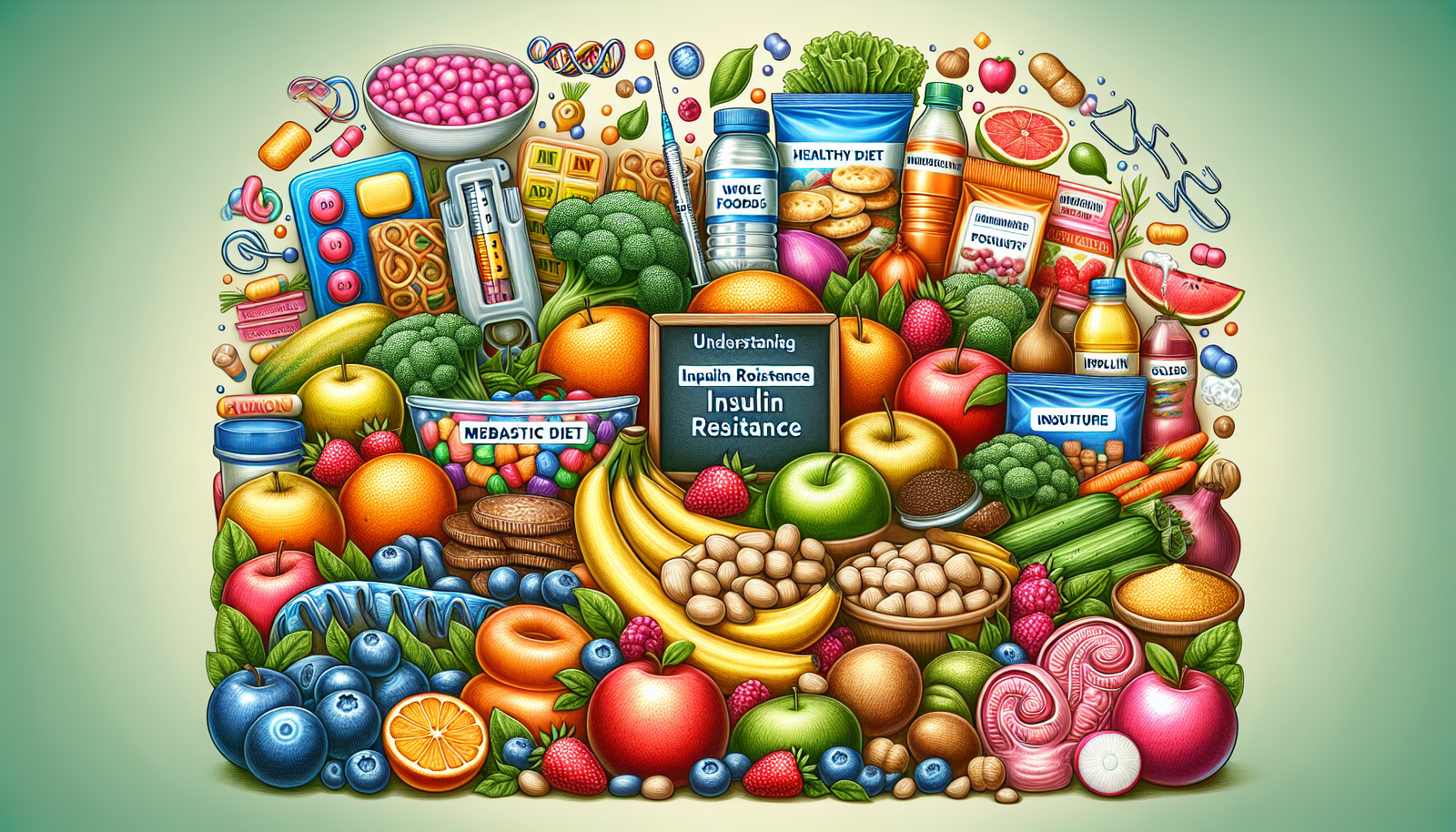How did we end up here with a metabolic health crisis in the midst of an obesity epidemic where most of us are eating more calories than we need? Why did the fat problem turn into a carb problem? Why does our body even need insulin? These are the questions we will examine in this post.
The Modern Diet and Its Impacts
We have been eating food combinations of high fat/high carbohydrate that do not exist in nature other than whole milk Within milk, the balance of fat, carbohydrates and protein is good for growth. Yet in an adult, we know that eating high fat and high carbohydrates together result in obesity and metabolic problems.
Food manufacturers also often remove protein because protein is the most satiating macronutrient, the one that keeps us full the longest. So if they take the protein out, they encourage us to eat more, which is good for them but bad for us. So in this way, high-fat, high-carb, and low-protein foods represent a big break with our evolutionary past.
We’re eating them from bags and boxes laden with refined sugars or refined seed oils, a modern diet that has fostered the epidemic of obesity and metabolic disease.
The Role of Carbohydrates in Weight Gain
All carbohydrates are not alike. For example, when people eat the same number of calories as fructose or glucose, the fructose consumers gain more visceral fat compared with glucose consumers who gain more subcutaneous fat. Given this story, it becomes apparent that it makes a difference if we control the amount of fructose in our diet.
But I would like to emphasise that while eating whole fruits is okay, fruit juices are not. I am eager to confirm, as a previous commenter pointed out, that sugary sodas and fruit juice can lead to visceral fat, which is more metabolically harmful than subcutaneous fat.
Understanding Insulin and Its Effects
Insulin is central to our metabolism. After you eat your food, your insulin levels increase, and it takes several hours for your insulin levels to drop again. If you eat a huge meal for dinner and follow that with snacks, your insulin levels remain high all night long. This long overnight period with high insulin prevents your body from burning fat, and sets the stage for insulin resistance.
In the fasted state, when you have low insulin levels, you switch on your fat-burning machinery. If you fast long enough, you make your body more sensitive to insulin again; if you fast short enough, you make your body more sensitive to fat-burning. And the longer you can stretch that fasting duration, like say by skipping breakfast or skipping dinner, the more this will improve your fat-burning and your metabolic health.
The Inflammatory Response and Insulin Resistance
Moderate obesity is associated with a subclinical inflammatory state in which the body doesn’t show obvious signs of inflammation, but is still experiencing the higher levels of inflammation. Inflammation activates the immune system causing further insulin resistance.
One crucial molecule in the process is NLRP3, which, when activated, activates the cascade that produces the pro-inflammatory cytokines. The immune system has an essential role to play, but inflammation that is kept under control is healthy. If it’s not controlled, it leads to loss of insulin sensitivity.
Fasting: A Powerful Tool for Lowering Insulin
The easiest way to reduce insulin is to fast. Stop consuming calories and insulin levels fall. Shrink your fat cells. They are starved because you’re not feeding them. If you have been eating a high-calorie diet and you get your insulin levels low enough, you’ve still got a chance at burning fat.
In addition, when insulin is low, our metabolic rate can increase by up to 300 calories per day, and so we can actually become thinner as calories over-consumed stimulate more fat burning instead.
Practical Steps to Control Insulin Levels
To enhance metabolic health (1) and regulate insulin levels, consider these strategies: however, it is important to note that some methods may be more effective than others. Although dietary changes can play a significant role, physical activity is equally crucial. This can lead to better overall health because the body becomes more efficient at utilizing energy. Furthermore, consistency is key; without it, progress may stagnate, but with dedication, results are likely to follow.
- Control Carbohydrate Intake: Be mindful of the types of carbohydrates you consume. Focus on whole foods while limiting refined sugars and grains.
- Incorporate Fasting: Extend fasting periods by skipping meals occasionally, which can enhance insulin sensitivity.
- Choose Healthy Fats: Opt for healthy fats like avocados, nuts, and olive oil while avoiding refined seed oils.
- Increase Protein: Include adequate protein in your diet to promote satiety and maintain muscle mass.
- Stay Active: Regular physical activity helps enhance insulin sensitivity and promotes overall health.
Conclusion
If you want to be healthier, you must understand insulin. Understand its relationship with carbs and your ability to convert them to fat. Understanding how your body stores or mobilises fat allows you to make smart dietary choices and implement fasts to affect fat loss. Your metabolic health is ultimately in your own hands and by making better decisions at your dinner table and in your bedroom you can take control. It is time to get healthier and leaner on a new way of eating.
FAQs
What is insulin resistance?
Insulin resistance is characterised by the failure of the body’s cells to respond to insulin adequately, which can result in increased insulin and impaired regulation of blood glucose.
How can I lower my insulin levels?
Carb restriction, fasting, exercise and whole foods containing lower amounts of insulin can all help to lower circulating insulin concentrations.
Are all carbohydrates bad for you?
No, not all carbs are evil. Eat whole, unprocessed carbohydrates and steer clear of white levels and sugary processed foods.
What role does fasting play in metabolic health?
Insulin levels are lowered, fat burning is increased, and insulin sensitivity is improved – all key markers of healthy metabolism.
Can I eat fruit while trying to manage insulin levels?
Yes, whole pieces of fruit are generally healthy items to have in your diet. But fruit juice, and also most other high-fructose-sweetened beverages, are out.

